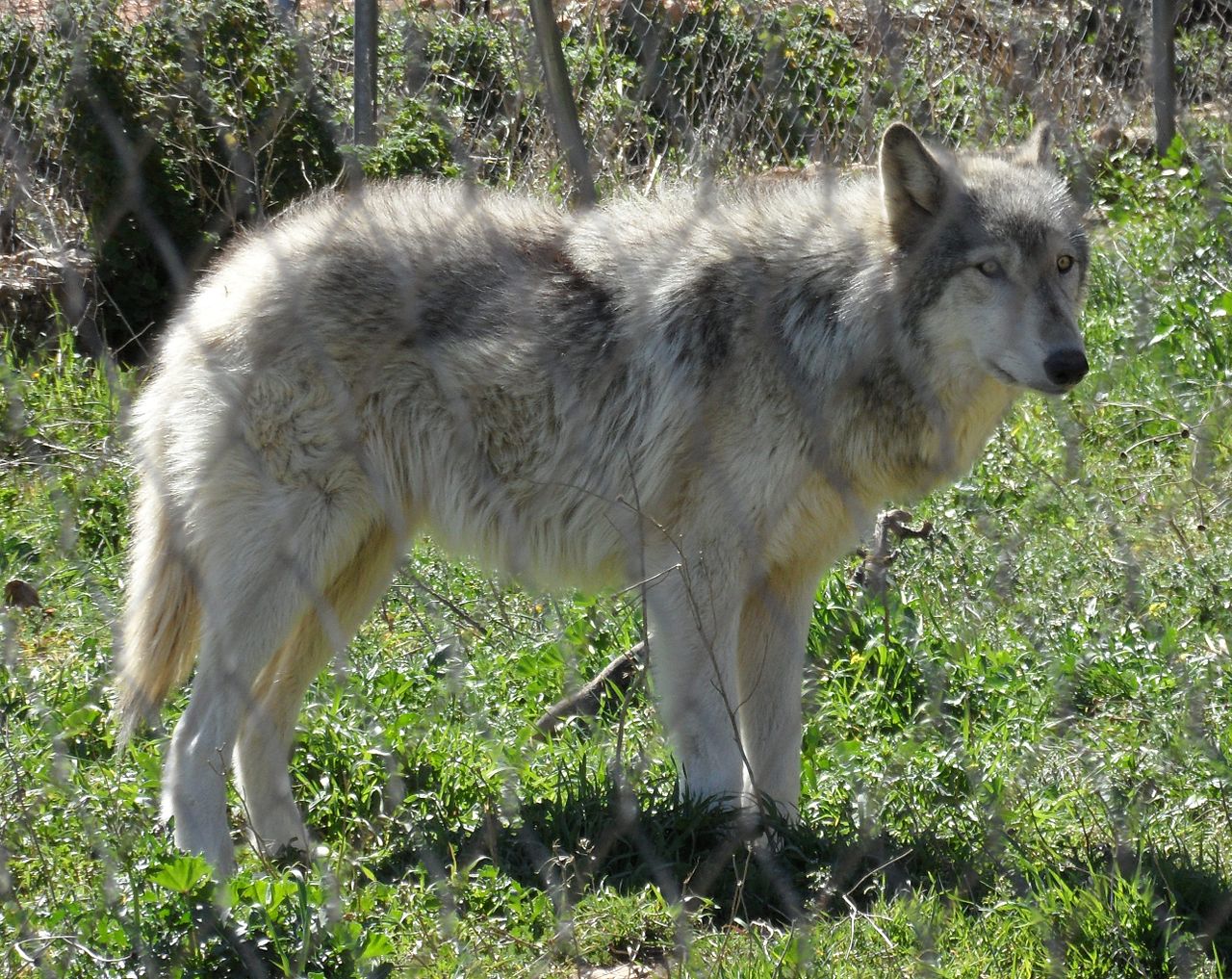‘Swarms’ of wolf-dog hybrids sweeping Europe, study reveals
Scientists say emergence of hybrid animals risks driving wolves out of existence

Your support helps us to tell the story
From reproductive rights to climate change to Big Tech, The Independent is on the ground when the story is developing. Whether it's investigating the financials of Elon Musk's pro-Trump PAC or producing our latest documentary, 'The A Word', which shines a light on the American women fighting for reproductive rights, we know how important it is to parse out the facts from the messaging.
At such a critical moment in US history, we need reporters on the ground. Your donation allows us to keep sending journalists to speak to both sides of the story.
The Independent is trusted by Americans across the entire political spectrum. And unlike many other quality news outlets, we choose not to lock Americans out of our reporting and analysis with paywalls. We believe quality journalism should be available to everyone, paid for by those who can afford it.
Your support makes all the difference.“Swarms” of wolf-dog hybrid animals could drive European wolf populations out of existence, a study has warned.
A rise in crossbreeding, driven by habitat destruction and human growth into wolves’ territories, is bringing them into greater contact with domestic free-roaming dogs.
The result is greater incidences of interbreeding, which scientists say “threaten the genetic identity” of wolves.
The study compared the views of more than 40 scientists and warned a lack of engagement and agreement among those best placed to tackle the problem could hamper efforts to prevent wolf-dog hybridisation.
The findings suggest most scientists agree on the nature of the problem, but are divided on how to deal with it.
“We need to address this issue before wolf-dog hybrids backcross with wolves to the extent that wolf populations will be lost to hybrid swarms, and the conservation of wild populations will become unfeasible,” said lead author Valerio Donfrancesco, from the Centre for Ecology and Conservation at the University of Exeter.
“In this paper, we argue that scientific agreement is crucial to encourage decision-makers to act, and to raise awareness about this conservation issue in society at large,” he said.
Further complications include the lack of research existing on wolf-dog hybrids.
“The fact that we know so little about the ecology, behaviour and social acceptance of the wolf-dog hybrids adds a layer of concern to the issue,” Mr Donfrancesco said.
Hybridisation can “deeply affect the genetic make-up, long-term survival and evolution of the species,” the paper says.
The hybrids created between wolves and dogs are usually fertile, which threatens wolf populations in two ways. Firstly because dogs are so numerous the rate of genetic change could be fast, and secondly, the domestication process “has been associated with intensive selection for traits that may be disadvantageous in the wild”, the researchers said.
The study allowed scientists to share their views anonymously, and revealed agreement that people should be educated about the impact of free-roaming dogs, and that governments should remove wolf-dog hybrids from small and recovering wild wolf populations.
But scientists remained divided on issues such as how to remove hybrids and free-roaming dogs, and whether they should be kept captive, sterilised and released or killed.
Mr Donfrancesco said: “The disagreements emerged from diverging ethical values between scientists of different backgrounds, such as ecologists and geneticists, from the lack of data on the effectiveness of different interventions, and from the worry of some scientists that on practical grounds allowing the removal of hybrids would open a legal loophole for the killing of wolves.”
Co-author Paolo Ciucci, of the Sapienza University of Rome, said: “The management of hybrids and wolf-dog hybridisation should not be a taboo topic, especially within the scientific community.
“There are margins to develop further consensus among scientists if further research addresses topical issues such as the effectiveness and the feasibility of control measures and their social acceptability.
“Scientists should not avoid the problem just because its management appears overly complex.”
Co-author Dr Nibedita Mukherjee, from the University of Exeter, added: “We hope that by highlighting areas of disagreement and why they occur, we will be able to build a more unified scientific opinion, and aid an effective management of this urgent issue.”
An estimated 17,000 wolves live in Europe, in populations of varying sizes in countries as distant from one another as Spain, Greece, Poland, Finland, France and Slovenia.
The paper is published in the journal Frontiers in Ecology and Evolution.
Join our commenting forum
Join thought-provoking conversations, follow other Independent readers and see their replies
Comments